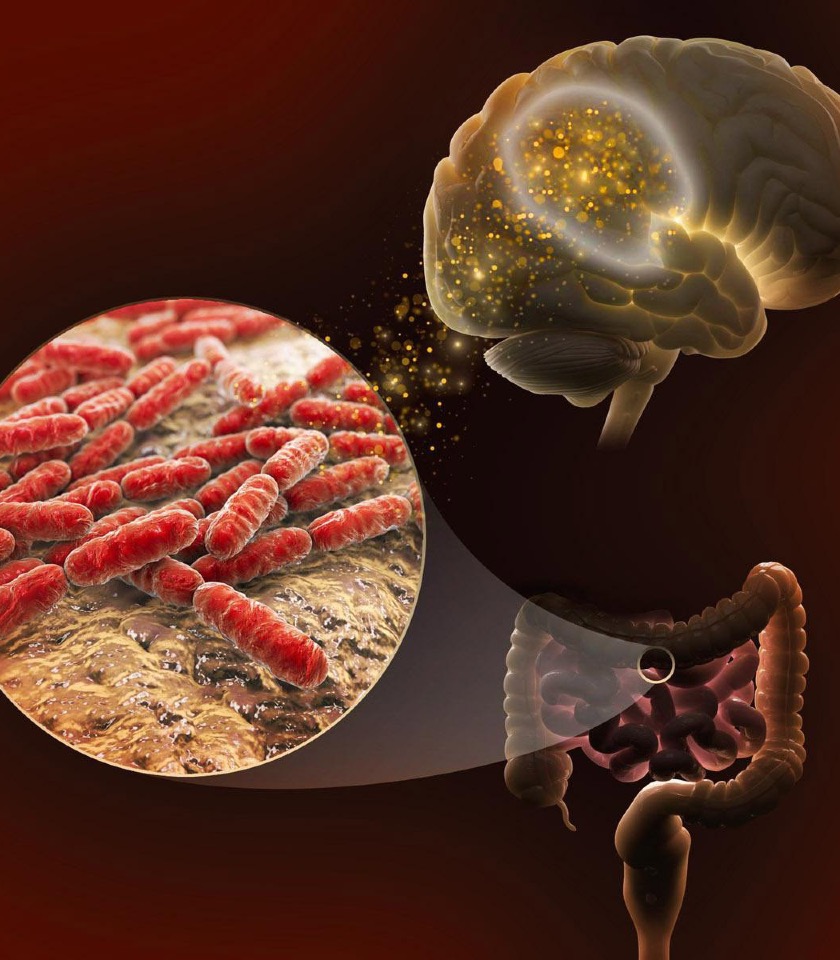
Gut microbiota and autism? They seem to be related...
A new peer-reviewed study, Multi-level analysis of the gut-brain axis shows autism spectrum disorder-associated molecular and microbial profiles, published in Nature Neuroscience, has shown a strong link between autism spectrum disorder and gut microbes, host immunity, genetic manifestations in the nervous system and dietary habits, suggesting that changes in the gut may play a role in the development of autism and potential treatments. The findings provide hope for future treatments for autism spectrum disorders and other diseases associated with the gut and brain. The full text of the study can be downloaded at the link from the article.
In 1998, it was hypothesized that the composition of microbes in the gut may contribute to autism spectrum disorder. One of the clues was, among other things, the fact that people with autism had more species of bacteria of the genus Clostridium and Ruminococcus in their stool than the control group. The current study confirms that the link between autism spectrum disorder and the gut microbiome is much closer than we thought. This study involved more than 40 researchers from different disciplines and found the strongest link yet between autism, gut microbes, host immunity, genetic manifestations in the nervous system and dietary habits.
The new analysis does not yet reveal the underlying causes of autism or identify its specific subtypes, as other research has attempted to do. The study reveals a more general gut profile that appears to be the same in people with autism spectrum disorder. If this key biomarker can be elucidated in further research, it could one day be used to diagnose autism spectrum disorders and probe into potential treatments. Today, researchers know that people with autism are more likely to have gastrointestinal problems such as constipation, diarrhoea, bloating and vomiting. In addition, in recent years, scientists have begun to find some connections between the composition of the microbes that make their home in our guts and neurodevelopmental disorders such as autism spectrum disorder.
THE GUT-BRAIN AXIS
Some experts believe it's not necessarily gut bacteria that trigger autism spectrum disorders. For example, children with autism are more likely to restrict their diets due to "picky" eating, which in turn affects the types of bacteria that persist in their digestive tracts. The new study includes ten existing datasets on autism and the microbiome, and 15 additional datasets on diet, metabolism, immune cell profiles and gene expression profiles of the human brain. The authors of the analysis say their findings increase the "statistical power and biological insight" into the gut-brain axis, and provide "stronger associations between gut microbes, host immunity, and brain expression."
Knowledge of the gut-brain connection is itself a relatively new phenomenon. It was only at the start of the new millennium that gut microbial research took off in earnest, but it is still in its infancy. For example, it is still not entirely clear what a completely healthy microbiome should look like. There are a lot of variables to take into account, especially because the communication between the gut and the brain seems to be bidirectional, and also because diet can change the composition of gut bacteria very quickly.
HOPE FOR TREATMENT
A new analysis compared existing data on the gut and autism spectrum disorders. In the end, its authors found major features of autism in certain metabolic pathways that were related to diet, gene expression and specific gut microbes. What's more, these microbes matched those identified in a recent long-term study of stool transplants in eighteen autistic children. Together, these findings suggest a potential role for the microbiome in improving autism symptoms, although it is not yet clear how these changes in the gut may relate to actual changes in the brain.
"We were able to reconcile seemingly disparate data from different studies and find a common language to unify them," explains one of the study's authors, Jamie Morton. "Because of this, we were able to identify a specific trait that distinguishes autistic individuals from neurotypical individuals across many studies," he concludes, adding that this is a first step toward potential treatments for autism spectrum disorders or various diseases.